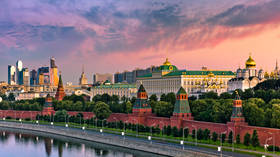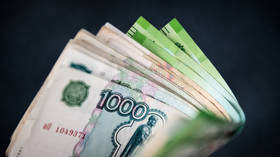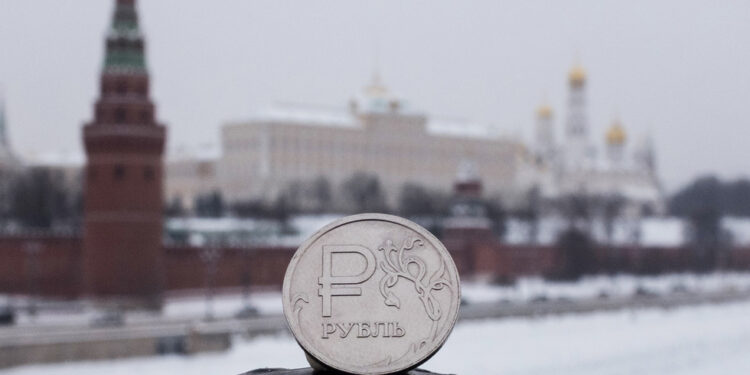Agencies-Gaza post
Western countries celebrate “Russian Default”
Moscow settled interest payments in rubles after sanctions barred it from foreign exchange transactions
As the grace periods for two Russian Eurobond vouchers expired on Sunday night, many Western media outlets rushed to declare that Moscow is now in default on its foreign currency-denominated debt for the first time in over a century.
Bloomberg called it “a grim sign of the country’s rapid transformation into an economic, financial and political outsider,” while BBC called it a “heavy blow to the nation’s prestige.”
That Wall Street Journal even summoned the ghost of “The Bolshevik Revolution, when Vladimir Lenin, the newly installed communist leader, repudiated the debts of the Russian Empire.”
The bondholders themselves have yet to declare default or initiate proceedings, and the publications noted that the label is “primarily symbolic” while the situation is “expected to present unique legal challenges”, because “Russia has the money and the intention to pay.”
Moscow has repeatedly accused Washington of trying to engineer an artificial default in recent months because the country has the means and willingness to pay its debt but has been deliberately cut off from foreign currency payment mechanisms. After the Russian central bank’s foreign exchange reserves were frozen, Moscow continued to service its national debt with new money it receives from energy and other exports, prompting Washington last month to end a bond waiver.
Russia’s Finance Ministry announced on Thursday that it had completed two issuances of dollar-denominated Eurobonds maturing in 2027 and 2047 “Completely” by sending 12.51 billion rubles ($234.5 million) in coupon payments to the National Settlement Depository under a new mechanism.
Investors must now open a ruble account to receive the funds and deal with any Western sanctions that may prevent them from moving the money out of Russia themselves, the ministry said. “With this, the Ministry of Finance has fully fulfilled its obligations to service the state securities of the Russian Federation,” it said in the statement.
President Vladimir Putin signed a decree on this temporary procedure for Eurobond payments on Wednesday. The document states that Moscow will now consider its commitments fulfilled “if they are settled in rubles in the amount of the value of the liabilities in foreign currency” at the exchange rate on the day the monies are transferred to the Central Depositary (NSD) through which they are paid out to creditors.

















